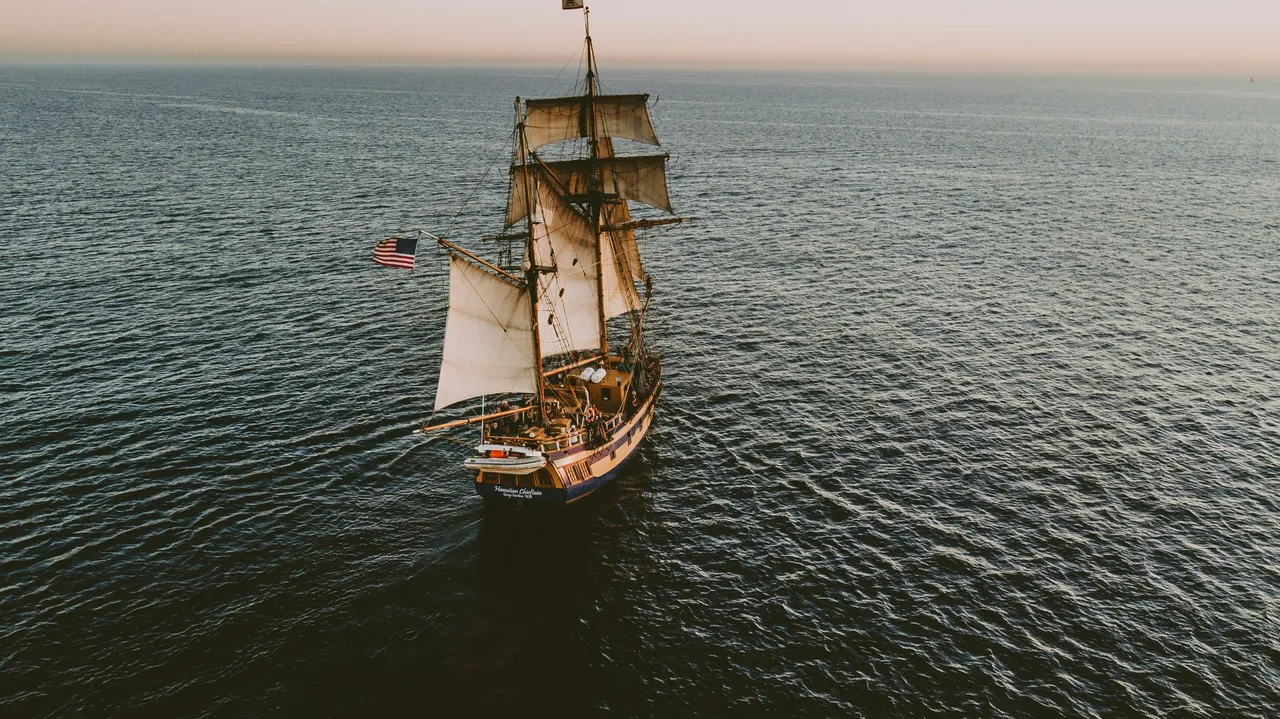Imagine, you wake up one morning and find yourself on a huge ship sailing on the ocean. You don't know the name of this ocean. You don't know anything about the ship. Wherever you look, there is only water and water. You are alone on a huge ship without people. Time has stopped here. You don't know the destination. You don't have a map in your hand. There are no digital devices (such as Google Maps on your smartphone). There is no land, stars, sun, moon, wind direction or any other reference point. A completely symmetrical environment.

You can decide that you have to go in a certain direction. It can be north/south/east/west or in any direction. You decide to go north. Maybe there is an island to the north or a city or a country. Or maybe there is nothing to the north; just infinite emptiness means that there is no land. You can decide which way you will go and which way you will not go. But you cannot say for sure that if you go in a certain direction, you will be saved from this situation?
That is, you do not know which direction you will find at least an island or a city or a country. You have decided to go in a certain direction, such as 'north', because it was important to make a decision. But considering this situation, your decision or not makes no difference. The ship may or may not reach somewhere by going somewhere in the waves of the ocean. Here, the ability to make a decision cannot be considered as ability. This discretion cannot be considered as discretion. Whatever decision you make is completely dependent on your luck. Nothing is in your hands here.
Now, considering this whole situation, if you cannot make a decision again, you may still be disappointed. You may think that if you had gone in a certain direction, you would have reached somewhere. That means there is a possibility; even if it is only 0.0000001%. But there is the same amount of possibility even if you do not make a decision. You may reach somewhere by the current of the ocean. Or, a rescue worker may come and rescue you. Again, these things may not happen.
It seems a bit complicated, doesn't it?
Well, let me simplify it a bit. You have two arguments,
Deciding to go in a certain direction.
Sitting alone and silently on the ship.
Here, these two arguments cancel each other out. Since the result of deciding to go in any direction can be the same, where is the need to make a decision? Again, sitting on the ship is not a solution either, something must be done in this case too. Sitting silently on the ship is also a decision. Two arguments, but one argument makes the other argument completely irrational.
I was talking about the 'Birds of a Paradise' paradox. There is no specific father or discoverer of this paradox. The philosophy of irrationality in logic can be found in this paradox. Or better said, the philosophy of neutrality can also be found here. Like Albert Camus’s Absurdism – if life ultimately ends in death, then isn’t every effort/decision arbitrary? This question intensifies the “struggle for meaning” of life.
We are floating in a sea of infinite possibilities, but the lack of uniformity and reference terrifies us. Yet the inviolable truth of life is to choose our path arbitrarily every day – and herein lies the tragic-beautiful beauty of life. The paradox reminds us: the rationality of choices/decisions is not external, we create them ourselves.